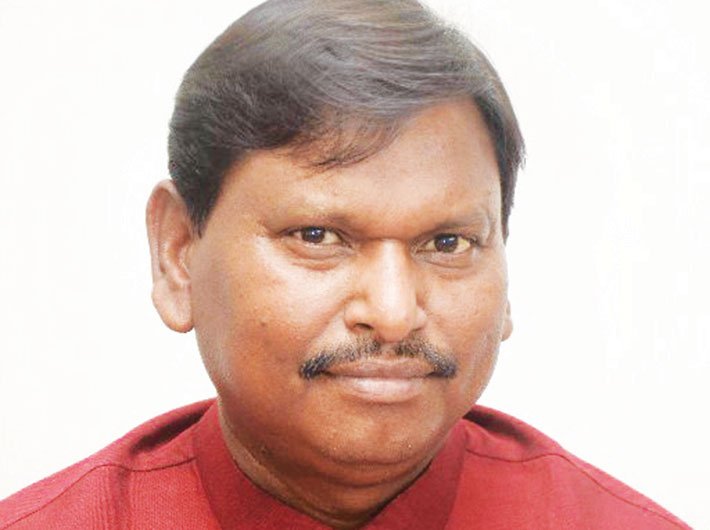Former chief minister of Jharkhand Arjun Munda talks about amendments to the CNTA and SPTA
Former chief minister of Jharkhand Arjun Munda, of the ruling BJP, is among the leading tribal voices questioning the amendments to the CNTA and SPTA. Portraying himself as a willing arbitrator who can help find a way out, Munda tells how the government could have handled it better.
Amendments to the CNTA and SPTA will open the floodgates to the takeover of tribal land. What impact can it have?
Being a tribal state, Jharkhand comes under Schedule 5 of the Constitution, which protects customary and cultural tribal rights. The amendments can have very sensitive and far-reaching effects. These would not only affect the interests of tribals but might also change the demography of the state. The condition of tribals in Jharkhand might then become similar to that of the Red Indians in America. Development should not destroy anyone. The government is like an architect. If it builds the state keeping in mind local people, and using local building material, it will suit locals and benefit them. But if it starts importing material from outside, development will seem entirely alien.
READ: A tale of land loss, from Birsa’s village
The amendments set off massive protests. Where do you think the government went wrong?
There was no need for the government to make these amendments in haste without holding discussions. It should have invited suggestions from all parties and then made the amendments. Instead, the government first passed an ordinance in October 2016. This was done without obtaining approval from the concerned bodies. After the ordinance was rejected by the president, the government introduced amendment bills. It took advantage of being in the majority and the bill was passed within three minutes without debate or discussion with the opposition or members of civil society. Maybe some amendments were needed, but it was important for the government to have made it clear to stakeholders. For example, the government should have explained the problems it faces in tribal-to-tribal land transfers.
How are the tribal leaders in the BJP coping with it?
The manner in which the amendments were brought gave the opposition a chance to comment and create chaos. With this move, the BJP in Jharkhand is seen as an anti-tribal party. The tribal faction within the party is only whispering about the issue; in Jharkhand, this faction is not very aggressive. The government should invite suggestions from tribal leaders in the BJP.
The government resorted to firing, detention, and arrests to stop the protests. This led to growing distrust of the government. How can the government cope with this?
These incidents were unfortunate. The rush to make the amendments has created distrust. People can’t get convinced in one day. This cannot happen by dropping leaflets from helicopters. The government should rather understand the ground reality and convince people patiently. It should not displace people without convincing them. It is important for the government to build trust. It is the government’s duty to create awareness and provide clarity about the amendments. At present, the amendments are beneath a blanket.
What are the problems with the amendments and how do you think the government should solve them?
After the amendments to CNTA Section 21 and SPTA Section 13, agricultural land can be used for non-agricultural or commercial purposes by the government. However, once land use is changed, the land will go out of the purview of the CNTA and the SPTA. Section 71-A of CNTA, which ensures return of land to a tribal farmer if he is cheated of it will not apply now, because land use has been changed and it is no longer agricultural land. Therefore, these amendments, claiming to protect tribal ownership of land, are actually betraying people. Earlier, tribal land could only be acquired for mining and industry; now, the amendment of Section 49(1) of CNTA allows government to acquire tribal land for roads, railways, electricity, telecom, schools, colleges and other government purposes. This is a matter of concern. There are high chances that tribals will be exploited and displaced. If that happens, they will have to move away from their motherland. It’s the duty of the state and the centre to safeguard the rights of tribals in accordance with constitutional principles.
sneh@governancenow.com
(The interview appears in the February 16-28, 2017 issue)

